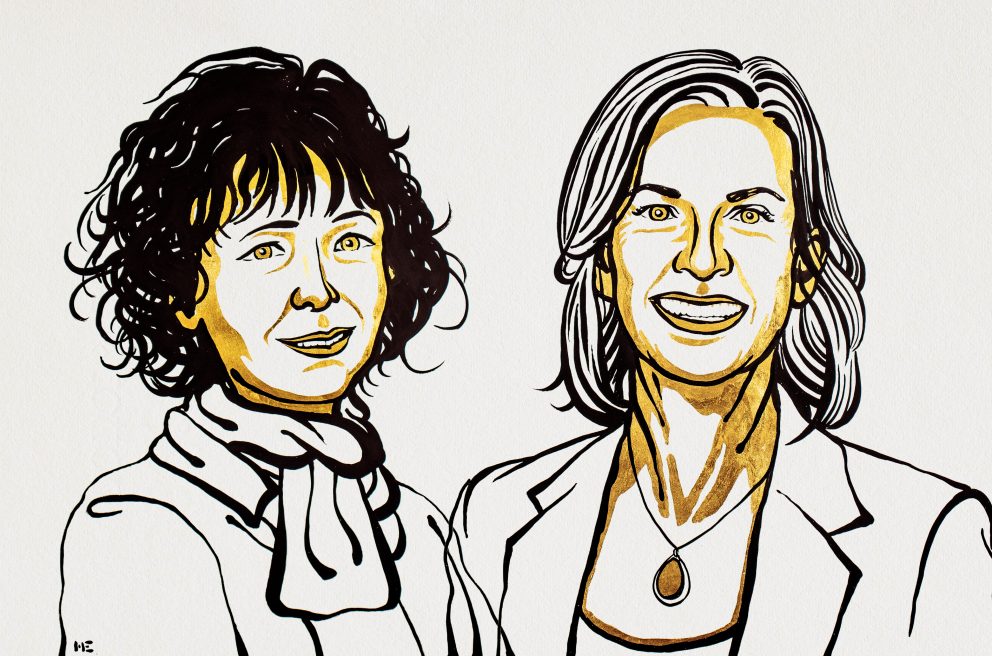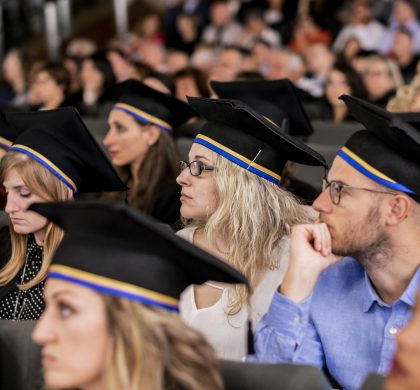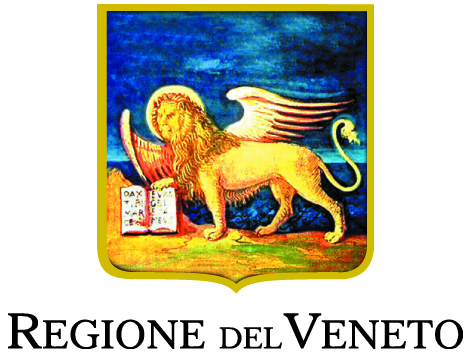 News
News
A week ago, Emmanuelle Charpentier and Jennifer A. Doudna have been awarded the Nobel Prize in Chemistry ‘for the development of a method for genome editing’.
A career under the sign of Marie Curie
Dr Charpentier has been a MSCA fellow. More recently, she was supervisor in the training of young researchers in genomics in the MSCA project ENLIGHT-TEN ITN.
Surprisingly, her career is marked by the “Curie” sign. Indeed, she has studied biochemistry, microbiology and genetics, and was assistant professor at the Pierre and Marie Curie University.
A successful programme for the researchers’ career
This is not the first time that a researcher involved a MSC Action has been awarded the Nobel Prize. The European Commission has listed all Nobel Prize laureates who have been either MSCA fellows or supervisors in the past.
The programme was established in 1996 to promote the excellence of research through dedicated training and research programmes and the international mobility of scientists.
After more than 20 years we can expect that other former MSCA fellows and supervisors will be awarded with prestigious prizes in all disciplines.
Probably, this is the best proof of the quality of the EU programme Marie Skłodowska-Curie Actions and its impact on the researchers’ career.
It couldn’t be otherwise for a funding programme named after a person who won the Nobel Prize twice, in Physics (1903) and in Chemistry (1911).
Recommended Posts

Pictures and video from the INVITE final event
26 Sep 2022 - News

Few days to the final event of INVITE
19 Sep 2022 - News

The INVITE final event is almost ready
02 Aug 2022 - News



